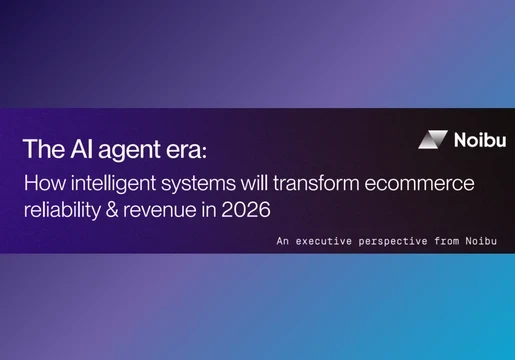In today's increasingly interconnected and global business landscape, professionals spend hours in online meetings everyday. According to new research, however, nearly 9 in 10 participants want a new, cognitive collaboration solution immediately.

The problem
In order to determine the state of virtual meetings, Cisco sponsored Dimensional Research to conduct a survey of 1501 international business professionals. Overall, almost 9 out of 10 reported that the tools they use to facilitate online meetings are falling short. Indeed, over 40% also said that they had experienced difficulty joining a meeting, connecting their device or sharing their desktop in the week prior. In addition to this, 85% had suffered from online meeting problems. 62% also stated that LinkedIn fails to provide all the information needed to prepare for meetings. As a result, the vast majority of respondents felt an overwhelming desire for a cognitive collaboration solution.
Why should you implement a cognitive collaboration solution?
Overall, 88% of respondents said that they would be willing to switch vendors for a solution that provides cognitive collaboration capabilities. Meanwhile, 50% indicated that they would be willing to argue with their boss to switch to a cognitive collaboration solution. 81% stated that meeting effectiveness would increase with attendee background information. 87% saw direct benefits from an online meeting virtual assistant, while 93% agreed that meeting effectiveness increases with relevant action items and documents. In effect, cognitive collaboration provides context and intelligence throughout all collaboration experiences. In turn, this enables organisations to foster human relationships, enhance customer interactions, and build high performance teams across boundaries.
Cognitive collaboration brings business benefits
An effective meeting collaboration solution with a virtual assistant and attendee intelligence undoubtedly brings business value. In fact, 90% of respondents insisted that action item completion would rise with automated tracking and reminders. Furthermore, 84% said that they could reclaim valuable meeting time if the meeting solution clearly indicated who is currently in the meeting and who has left. 81% also indicated that meetings would be more effective if attendee background information was provided by a meeting solution. With this in mind, the research expects more companies to actively research and select a meeting solution with cognitive collaboration features. As a result, enterprises can benefit from more effective meetings delivering top-line and bottom-line business benefits. Cognitive collaboration solutions also produce happier, less frustrated workers that spend less time in meetings. Although almost half of employees are willing to argue with their boss to achieve these benefits, they shouldn't have to.
Looking to enhance your communication strategy? Check out the Top 10 Call Centre Software Options for 2019







Comments ( 0 )